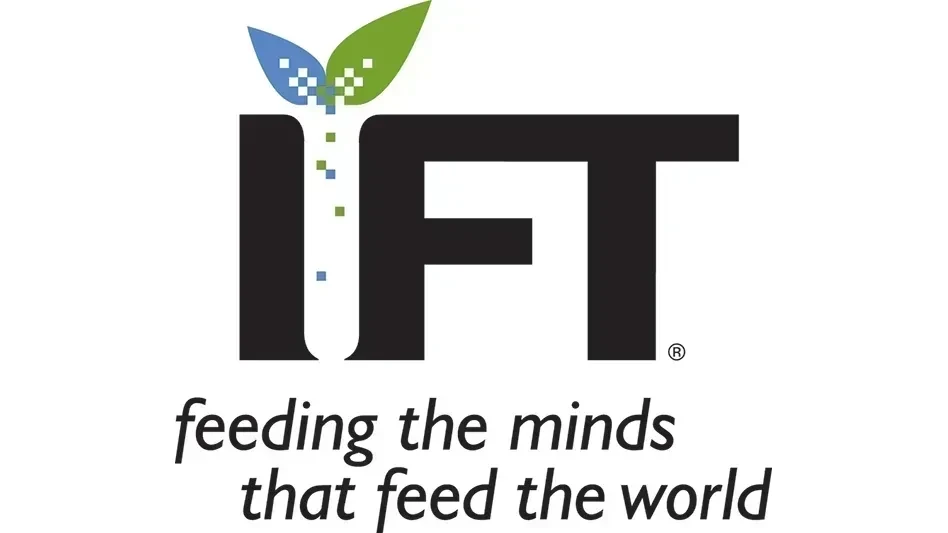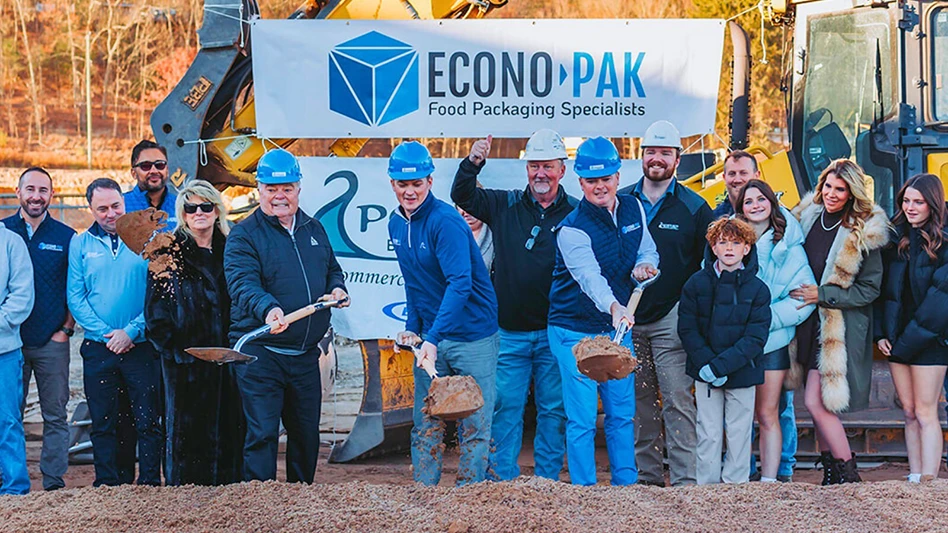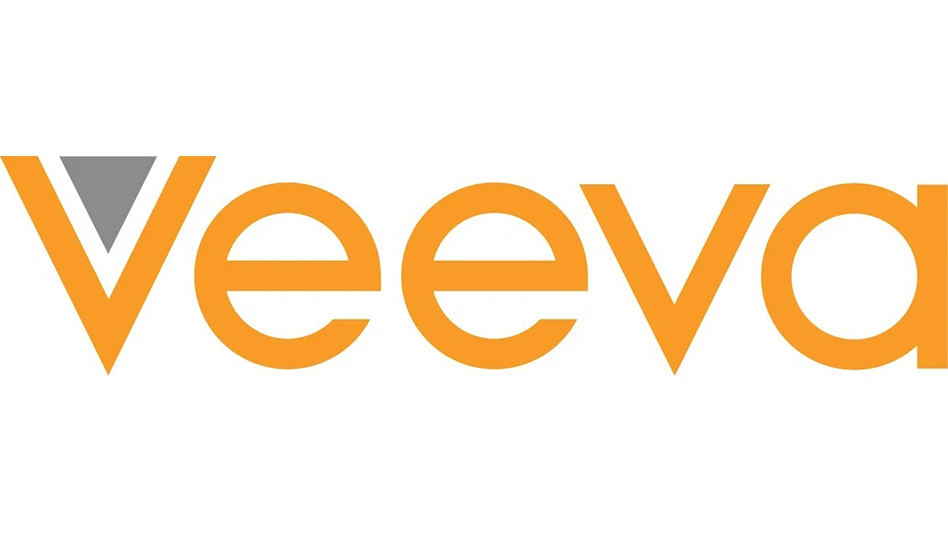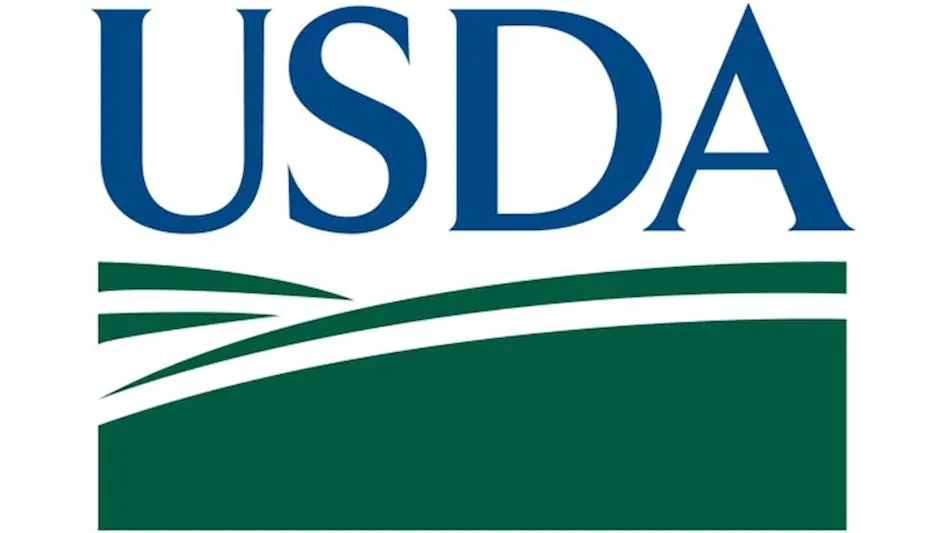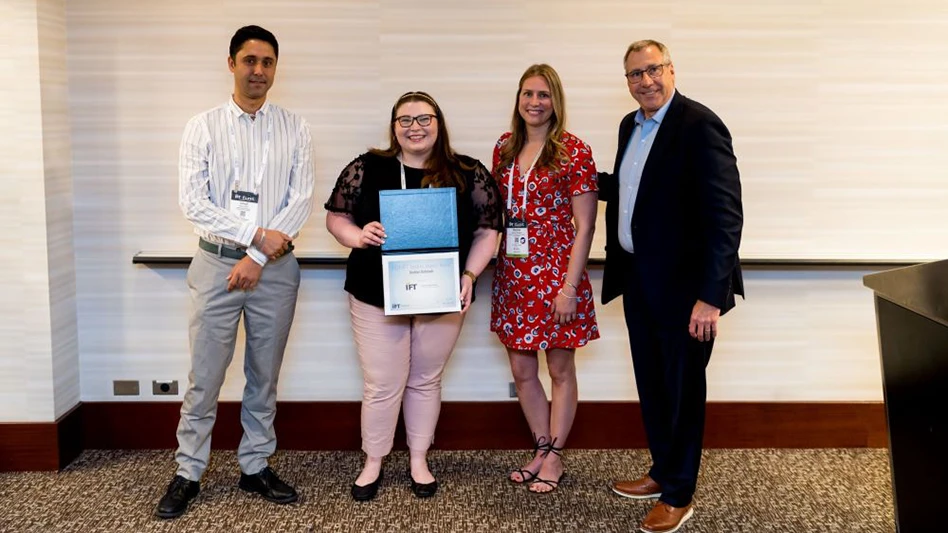
A strong passion for science at a young age led Lilian Senger, Ph.D., professor and food science program director at Chapman University, to a successful 20-year career as a food chemist, educator and researcher. But Senger’s initial steps into academia were accidental.
“I just loved school, and I knew what I wanted to [study] but wasn’t sure what I wanted to do with that education,” she said. “I don’t really have academics in my immediate family, so I didn’t have a role model in terms of family history with academia.”
Senger pursued bachelor’s and master’s degrees at the University of Arkansas at Fayetteville, as well as a doctorate degree at Purdue University.
She was conducting her postdoctoral research at the University of Tennessee when she saw a job advertisement for a food chemist at Chapman University in Orange, Calif.
Senger has been at Chapman for the last two decades, working her way up to overseeing the Southern California school’s food science program. Her past research includes interactions between phenolic compounds in mushrooms, coffee and sunflower protein. She is currently examining how sunflower protein can be used as an alternative protein for those who cannot consume soy because of allergies.
Innovation requires collaboration, she said, and working closely with her faculty and student collaborators has led to compelling food science research that will positively impact the industry. Senger discussed educational roadblocks her students face in modern day learning, bridging the gap between food science in the lab and food safety in the field, and continuing to provide healthy, safe food on a local and global scale.
I think my current challenge is trying to have the students not take shortcuts in their learning. With regenerative artificial intelligence, I want them to know the proper use of it and not misuse it to replace true learning, because it can enhance learning. There seem to be a lot of distractions at the moment. How do you engage learners in a world full of distractions?
As a researcher, my role is to give students food science ideas and to guide and mentor them, but my students are the ones right now who conduct the benchwork of the research that I am getting out there. Working collaboratively makes work and learning more fun.
At the end of the day, if you’re going to run a food business, you want to make sure you’re providing a quality food product that doesn’t make people sick. You do need to know what the physical, chemical and biological hazards are. You can’t do that without knowing the science behind the food. You need to know what’s in [the product] that can diminish quality or make the food unsafe. Is it a microbial or physical problem, an allergen or a chemical?
Food is everyone’s business. When you look at the food industry, our job isn’t just to make the food healthy, but also exciting. During the holidays, we can provide fun food products and make life enjoyable for those purchasing them. For those that can’t consume certain items, food scientists can provide alternatives to the conventional products as we innovate and meet the market demands. Food science is an applied field that touches on all sciences, and I think that’s what makes it exciting.
I want my students to continue doing what they’re doing, ensuring we are feeding minds that are going to feed the states, nation and also the world. For us to be able to meet the challenges of a growing population, you can’t do that without food scientists. We need to produce safe food but also make it available where it’s not available and make food accessible to those who need it.
The hope is to continue meeting consumer demands, and that looks different depending on the individual and location. We must continue being innovative. I’m not [in the field] making a product. My product is the students, so as long as they stay interested, I will continue doing what I’m doing here at Chapman.
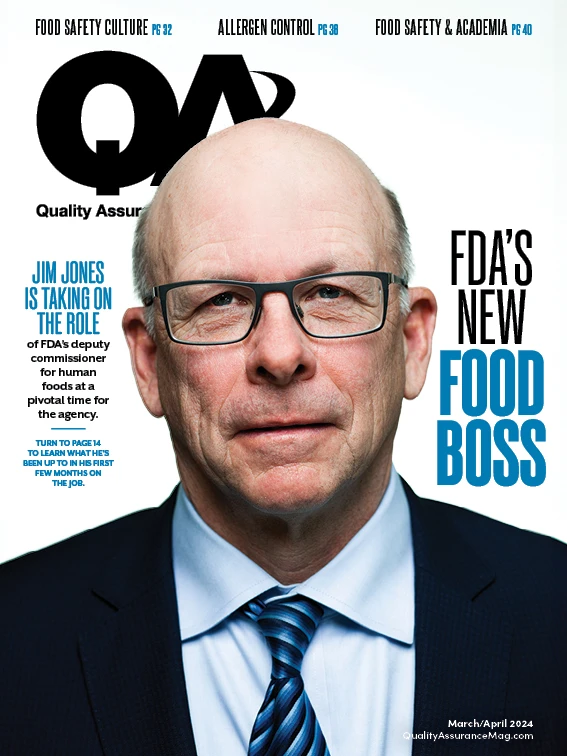
Explore the March/April 2024 Issue
Check out more from this issue and find your next story to read.
Latest from Quality Assurance & Food Safety
- Multistate E. coli Outbreak Linked to Iceberg and Romaine Lettuce Blend
- FDA, USDA Seek Information About Food Date Labeling
- William Marler, Food Safety Advocate and Lawyer, Condemns Lack of Safety of U.S. Food Supply
- AFDO Infographics Illustrate State-Level Impact of FDA’s Proposed Budget Cuts
- Multistate Outbreak of Salmonella Typhimurium Linked to Cucumbers
- USDA Begins National Milk Testing Strategy to Address H5N1 in Dairy Herds
- USDA Announces Grain Inspection Advisory Committee Appointments
- Eagle Product Inspection Highlights FA3/M Fat Analysis Machine for Meat Inspection
